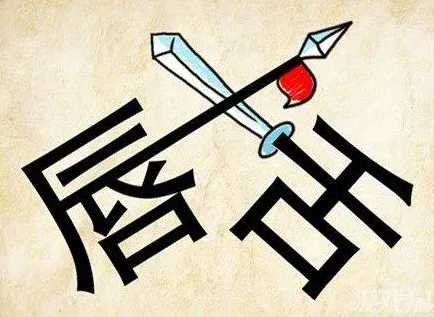译博翻译
总 部 电 话:0551-63667651
总 部 手 机:138-5518-3337
总 部 邮 箱:anhuiyb1011@163.com
总 部 地 址:安徽省合肥市经开区锦绣大道与清潭路交口 北京外国语大学合肥国际学院 四层
习语的独特翻译方式,你知道吗?
一、直译意译结合法
一些汉语习语,如果完全直译,不懂中文的人就会对译文莫名其妙,但若是全部意译又失去了原文的形象性,这时候可以采用直译意译相结合的翻译方法。例如:
走马观花:to look at flowers while riding on the back of a galloping horse to give a cur sory glance.
跳进黄河洗不清:Even if one jumped into the Yellow River,one cannot wash oneself clean-there’s nothing one can do to clear one’s name.

习语翻译
二、借译法
有的汉语习语和英语同义习语在内容和形式上都相符合,双方有相同的意义或大体相同的形象比喻和修辞色彩,这种情况下,译员可以依据汉语习语所表达的内容和意译在英语中借用或套用一个在内容和意义上接近的习语来作为译文。例如:
“谋事在人,成事在天。”咱们谋到了,靠菩萨的保佑,有些机会,也未可知。
Man proposes, heaven, disposes. Work out a plan, trust to Buddha, and something may come of it for all you know.英语中原本有“ man proposes,God disposes”这一习语,译者稍作调整,用 “Heaven”代替了 “God”,既保留了汉语文化中“天”的特殊含义,又巧妙对应了英语中的习语表达,可谓是一个绝好的妙译。
三、直译加注法
有些带有浓厚民族色彩和形象或具有典故性的汉英习语,在进行直译时,必须加注才能交代清楚原意,即用直译加注的方法,加注原文的历史背景和典籍出处,这样才能充分表达原文的意义。例如:
叶公好龙 Lord Sheh’s love of dragons ( Lord Sheh was so fond of dragons that he a- domed his whole palace with drawings and carvings of them. But when a real dragon heard of his infatuation and paid him a visit, he was frightened out of his wits.)
八仙过海,各显其能 the Eight Fairies crossed the sea each displaying his own talent (The eight immortals of Taoism in Chinese folklore.)
上面例子,若将“叶公好龙”“八仙过海”直译成英语,而不介绍“叶公”“八仙”,这是很难让英语读者理解的,所以加注解释。